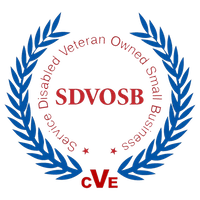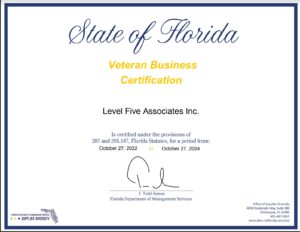Our last article asked the question, “What should I do if my CEO or boss doesn’t get it?” You and your teammates may yearn for a culture of trust and empowerment, but the powers that be insist on retaining full control. Part of the answer to this question requires an appreciation of the journey that every one of us is on, to include people thrust into chief executive and top management roles.
Level Five leaders are developed over time. Indeed, considerable time. It takes a very special person to be blessed with a paradoxical mix of humility, persistence, and of course, competence. No one is born with these skills; rather, it takes a lifetime of education, experience, and mentoring in the school of hard knocks. Leaders are developed, not born. Frankly, the journey is akin to climbing a very high mountain for which there is no summit. We never arrive, but commit ourselves to the journey of continuous improvement.
“Leaders are developed, not born. We never arrive, but commit ourselves to continuous improvement”
If your boss has somehow convinced himself or herself that the summit has been reached, there is a fundamental problem. No one is that good. Let’s break it down based on our experience.
In the American military, leaders are blessed with an institutional training base that includes nine months of schooling every four or five years. We relocated our families four times in our careers for a rich academic, seminar-based experience to study strategy, operational art, and of course, leadership. We read all the books and debated theory with our seminar mates. We graduated and departed to apply our learning in the incredible leadership laboratory of the US Army. How many companies in corporate America offer their leaders this educational opportunity? The answer, of course, is close to none. Your boss has most likely never had the benefit of continuous learning.
Great leaders develop their leadership skills over time. It takes years of experience. In our own case, we started our journey in 1974 as young 21 year old lieutenants of infantry and cavalry. In those days, we were very centralized in our approach and were convinced that “if you want it done right, you must do it yourself!” As we progressed through higher and higher levels of command responsibility, however, reality sunk in and we were literally forced to change perspective and develop skills to decentralize and empower our teammates. This was no easy journey and played out over decades. Academics collided with reality. How many companies in corporate America place a premium on leader development? Sadly, most convince themselves that this is not important or that they don’t have the resources. That’s one major reason half of the Fortune 500 companies of 30 years ago no longer exist.
Finally, we were blessed with mentors along the way who understood the power of empowerment and took the time to guide us through the school of hard knocks. They underwrote our mistakes and were persistent in their duty to develop the next generation of leaders. They trusted us. We were very grateful for this commitment and paid it back when it became our turn. How many companies in corporate America employ a serious talent planning process wherein high potential teammates are deliberately developed with assigned mentors? You know the answer.
As a consequence, it is very likely that your boss has not had the benefit of continuous education, leader development, and great mentors along the way. He or she may not recognize that the journey is long and arduous, and may be convinced that the summit has been reached. They only know what they know. This level of hubris can seriously damage an organization. The solution starts with a general recognition that we all are on a leadership journey. We develop our skills over considerable time with the benefit of continuous education, leader development, and a big dose of mentoring. None of us have arrived. It takes an open mind and of course, humility.
Are your company leaders ready to acknowledge their shortcomings and commit to continuous improvement? Are they capable of trusting their teammates? As we wrote in What do I do when the boss doesn’t get it?, then it may be time to take action. Leaders who acknowledge there is no summit are the ones you want to be with.
This is an important step towards unleashing the power of a team and becoming a Level Five leader.
“Learning to lead is like climbing a mountain for which there is no summit.”
We all have work to do; it may be hard work with tough decisions, but we deserve to enjoy the journey!





